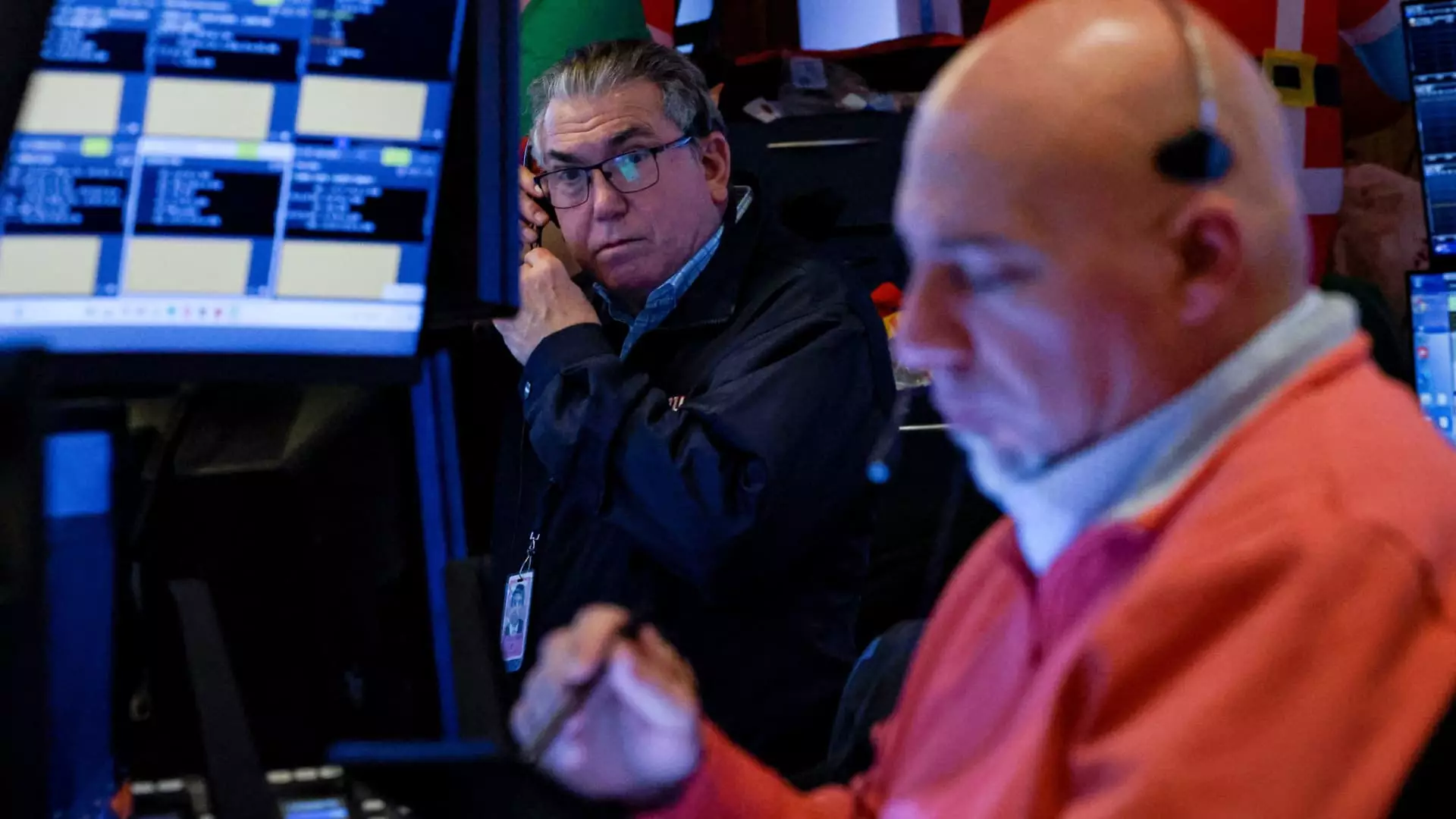The European financial landscape is poised for a rocky opening as traders reflect on the forthcoming central banking decisions that will likely influence economic sentiment. According to recent reports from IG, the U.K.’s FTSE 100 index is projected to see a dip of 18 points, starting at 8,240. Meanwhile, Germany’s DAX is expected to decline by 22 points to reach 20,291, France’s CAC will likely slip down 12 points to settle at 7,342, and Italy’s FTSE MIB forecast holds a significant decrease of 129 points, landing at 34,618. These anticipated losses highlight the market’s cautious approach as investors prepare for central banks’ deliberations that could reshape the financial playing field.
At the forefront of this week’s economic discussions is the U.S. Federal Reserve, which is set to begin a pivotal two-day policy meeting on Tuesday. With the market anticipating a 95% likelihood of a quarter-point interest rate cut, as per the CME Group’s Fed Watch tool, all eyes will be on Chair Jerome Powell’s subsequent press conference. Investors are eager for insights not just into immediate monetary policy adjustments but also for indications about the Fed’s future trajectory. This meeting will undoubtedly ripple across global markets, impacting investor confidence and market momentum in Europe and beyond.
Adding to the week’s anticipation, the Bank of England will convene for a crucial meeting on Thursday. Current market sentiment suggests a highly tentative outlook regarding any potential rate cuts. The economic climate in the U.K. has been turbulent, necessitating prudent decision-making from the Bank, as any changes could substantially alter the landscape for businesses and consumers alike. Traders are treading lightly as they await clear signals of the Bank’s intentions, reflecting the overarching anxiety predominating the current economic environment.
Compounding these financial concerns are political developments in Germany. Chancellor Olaf Scholz’s recent mishap, resulting in a confidence vote loss in the German parliament, has opened doors for potential snap elections come February 23. The strategic fall from grace is seen by many as a calculated risk by Scholz to dissolve the fragile coalition government that collapsed last month. This political instability bears the potential to add further volatility to the German market, as uncertainties loom about the next administration’s economic policy direction.
Across the Asia-Pacific region, trading indicators vary, reflecting a mixed sentiment as investors digest these central banking and political developments. Concurrently, U.S. stock futures have shown minor declines, reinforcing the global momentum of apprehension surrounding economic projections. As Europe gears up for the release of significant data on unemployment figures and business climate sentiment, analysts will be watching closely to gauge the weaker areas in the economy that may signal larger trends.
As we navigate through a week characterized by key central banking milestones and notable political events, European markets are bracing themselves for potential turbulence. The interrelatedness of monetary policy and political stability will be critical in shaping market behaviors and directions in the immediate future. Investors should remain vigilant as this week unfolds, prepared to recalibrate their strategies according to emergent insights.


Leave a Reply